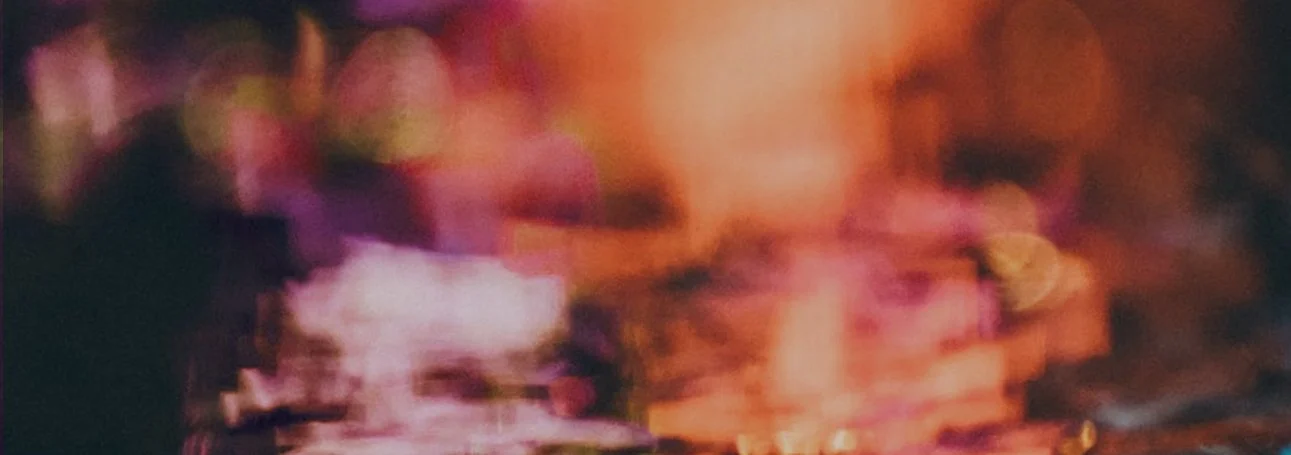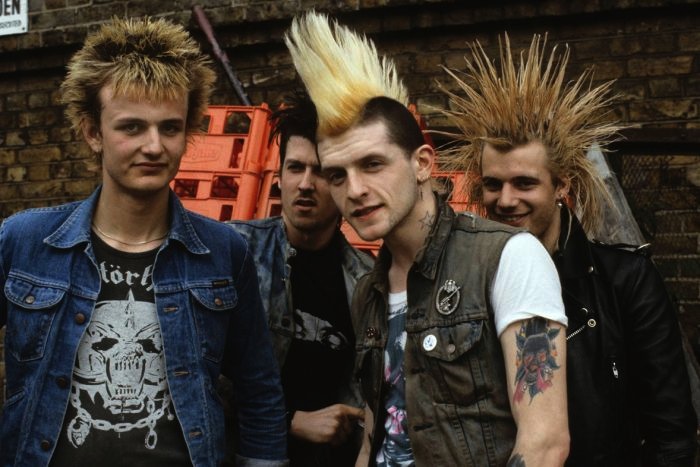No One Cares That You Have a Disruptive Company
I grew up during the dawn of punk rock, and clearly remember the shock of first seeing older kids with spiked colored hair and half-shaved heads, clad with nose rings, wrist spikes, Doc Martens, and leather jackets emblazoned with Misfits, Circle Jerks, and Black Flag patches.
Packs of them roamed the streets of Venice and Santa Monica. Smoking, intimidating passersby, causing havoc on city buses, trying to steal my Shogo Kubo model Dogtown skateboard. Everything was an act of anti-authority or an expression of individuality.
But like all rebels, the longer they played the part, the more they had to be in character full-time. Walk out of the house and you better have the requisite punk uniform, the mandatory punk attitude. Be sure to appear that you don’t care what people think of you.
What’s funny is that punks judged society for being a conformist herd while they were exactly the same as everyone in their herd. They traded one type of conformity for another. Nothing wrong with that. All kids strive to be individuals while craving to fit in. I was also young and foolish and so were you.
Years later I became friends with some of the punks my age. We’d listen to Motorhead because that was the one band where we saw eye to eye. We went to the beach, to parties. We had a lot of fun and maybe got into a little trouble.
I discovered that they weren’t really angry young men bent on toppling social norms and destroying bathrooms. If anything, they were some of the more intelligent, creative, analytical, and compassionate people I knew.
But the punk aesthetic often prevented regular folks from seeing those wonderful qualities. If only they stopped trying so hard to be different. They could’ve stood out simply by being themselves.
Today, many companies are emulating those punks. They scream that they’re unique when they’re actually good enough to be noticed purely for what they sell.
You see it in web sites that include an “Our Difference” section, or with sentences that begin, “We’re disrupting the way people….”
No one cares that you’re unusual.
People buy because they like you, you’re a good listener and you fit their needs. They’re convinced that you’re reliable and will deliver what you’ve promised.
Claiming that you have a “distinct” culture or “disruptive” technology can do more harm than good. Because once you plant that flag in the ground, you raise the question of why you’re different, and increase the possibility of being exposed for being full of it.
Design and consulting firms are notorious for this type of messaging. Many promote their “innovative” or “proprietary” process, but there are only a few effective ways to create a brand identity or to conduct a process analysis.
Besides, being “different” isn’t anywhere near the top of anyone’s purchase decision checklist.
No one sits around literally thinking, “I really need a different type of management consulting firm,” or “I really need a different type of hair stylist.”
Not even close. People want management consultants who aren’t stuck on one-size fits all methodologies. People want a haircut that will transport them from the 1990s.
It’s not so complicated. Customers want to know how they will benefit from handing over their credit card. And they’ll sense that from what they experience, not from what you say.
That’s where you show, don’t tell.
Display your advantages by injecting personality through the entire user experience: the web design, the interactive elements, the types of content you offer, the brand voice, the mobile app.
Convey your differences by how you react: how quickly you respond to email inquires, and the insightful questions you ask during the initial inquiry and proposal stage. This shows that you care about the customer’s time and pay attention to their needs.
Prove why you’re innovative with the extra that you give: the proactive advice that goes beyond the contract, or the goodie you slip into the customer’s shopping bag.
When I was in high school, “disruptive” meant a horde of freaks and outcasts crashing a house party in Beverly Hills. Let’s keep it that way.


